ELTE Research Centre for the Humanities | 1097 Budapest, Tóth Kálmán utca 4. | HU15854939

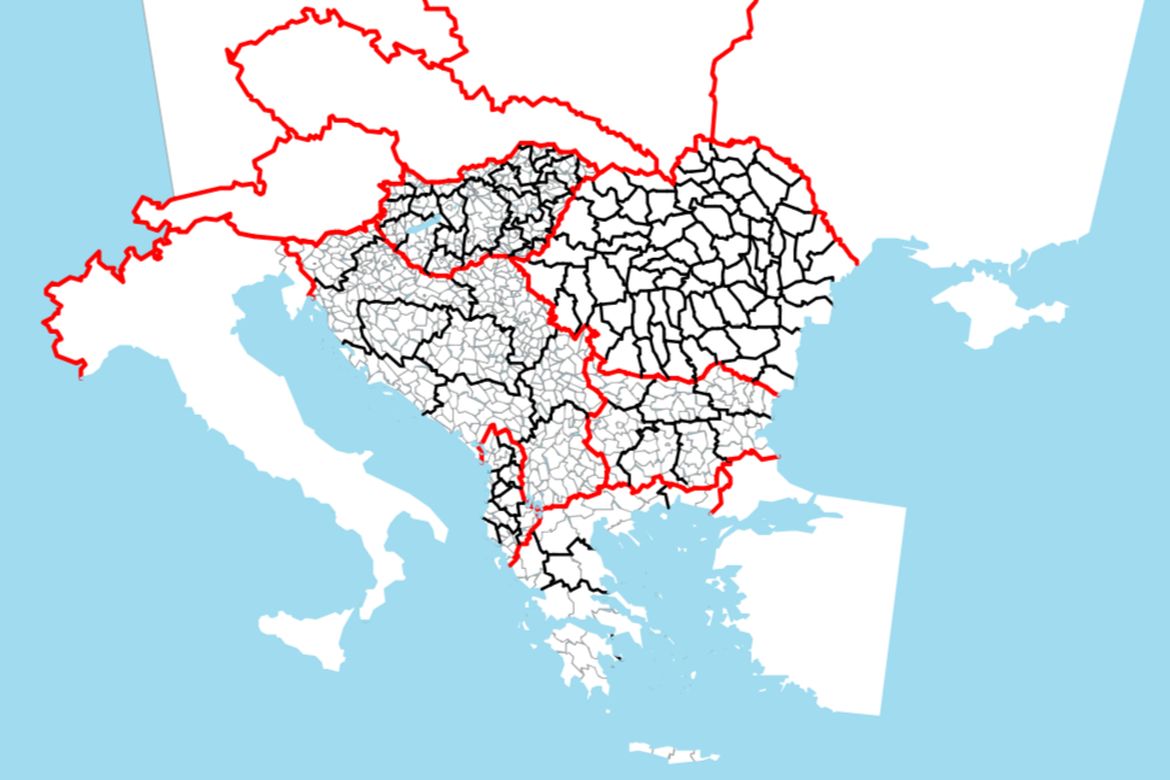
Balkans in Numbers is a joint pilot project by the HUN-REN Hungarian Research Network (prevously ELKH), Budapest, and the Leibniz Institute for East and Southeast European Studies (IOS), Regensburg. The goal is to visualize important demographic, social, and economic indicators of Southeast European countries, as recorded in past censuses.
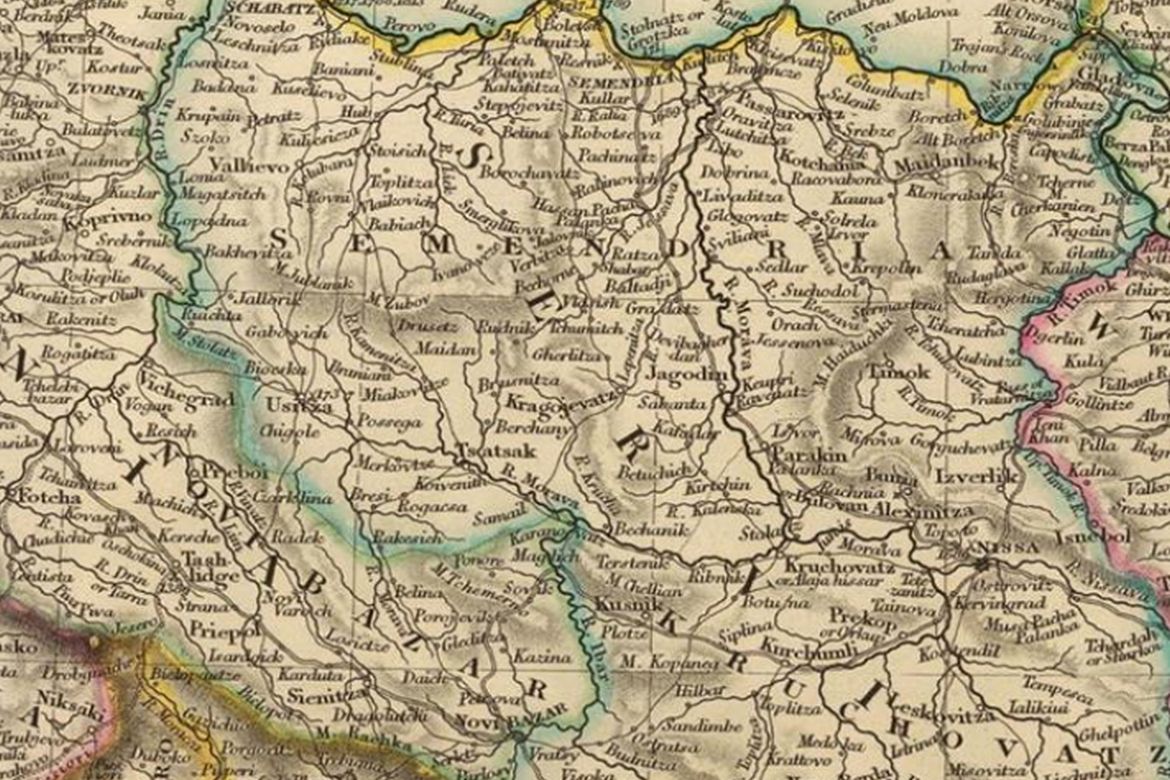
It was a major landmark in the institutionalization of the Hungarian historical Balkan research when, in 2014, the Department for the Research of Southeast European History was founded as a separate unit within the Institute of History of the Research Centre for the Humanities of the Hungarian Academy of Sciences.

The aim of this book is to present the history and activity of the Hospi-tallers in the medieval Kingdom of Hungary (c.1150–1543) based on thorough research of primary sources both kept in Hungary and abroad.
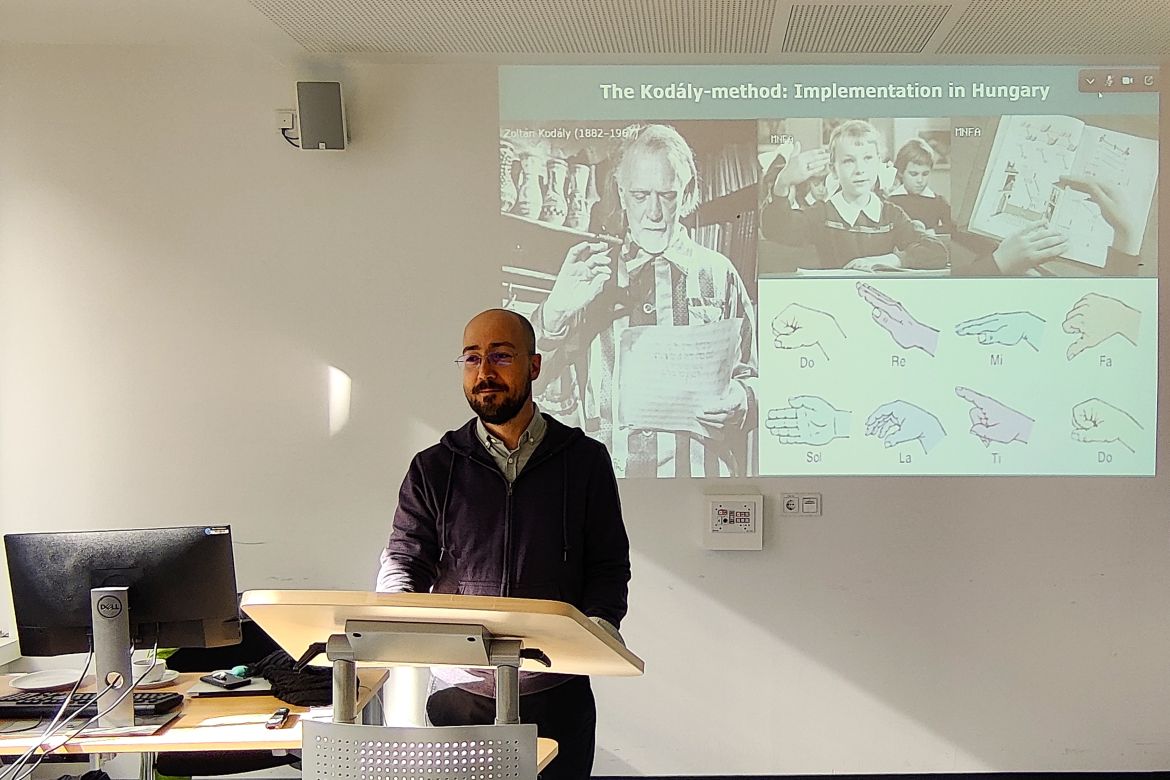
Szabolcs László, research fellow at our institute, participated in the conference entitled Dis-/Сonnecting the World: Subjectivities, Networks and Transcultural Encounters across Cold War Boundaries, organized at Bielefeld University on October 5-6.
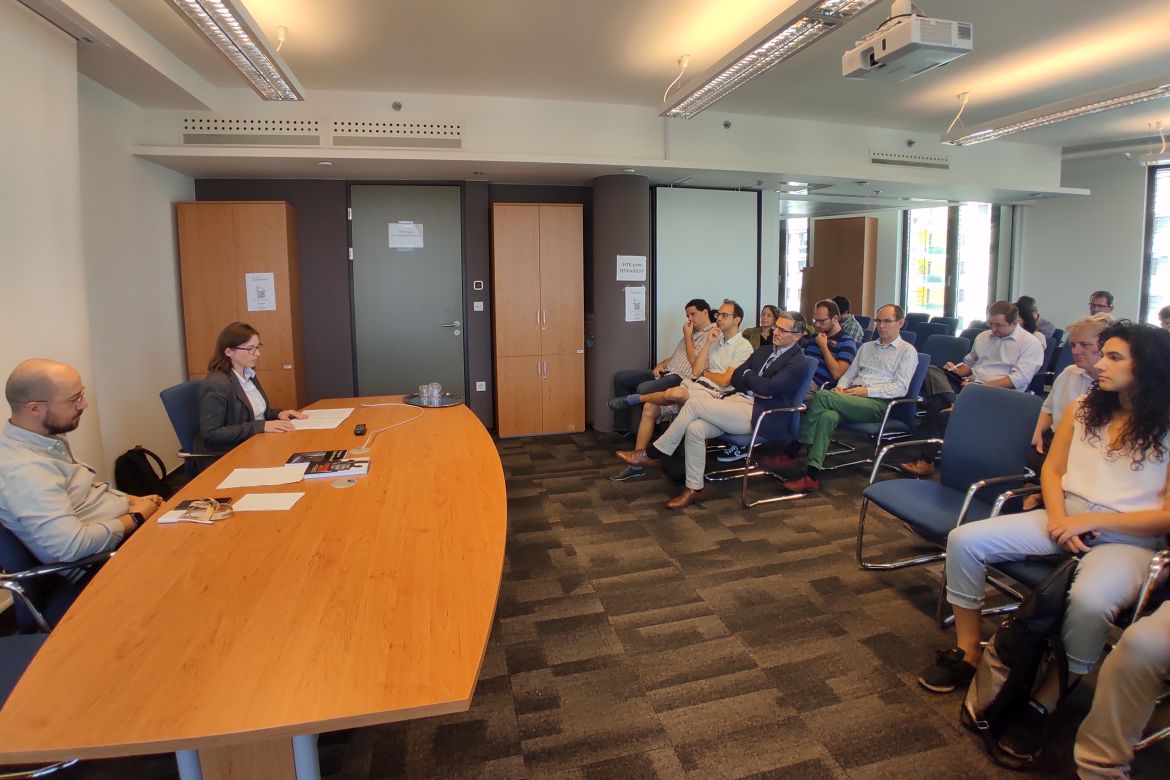
On September 26, Leslie Waters, assistant professor of history at the University of Texas at El Paso, gave a lecture at the Institute of History on her newly published book, Borders on the Move: Territorial Change and Ethnic Cleansing in the Hungarian-Slovak Borderlands, 1938–1948.

Heléna Huhák, a research fellow of our institute, participated in the workshop Confronting the Nazi Genocide: New Directions in Holocaust Studies, held at the National WWII Museum in New Orleans, September 7-8, 2023.
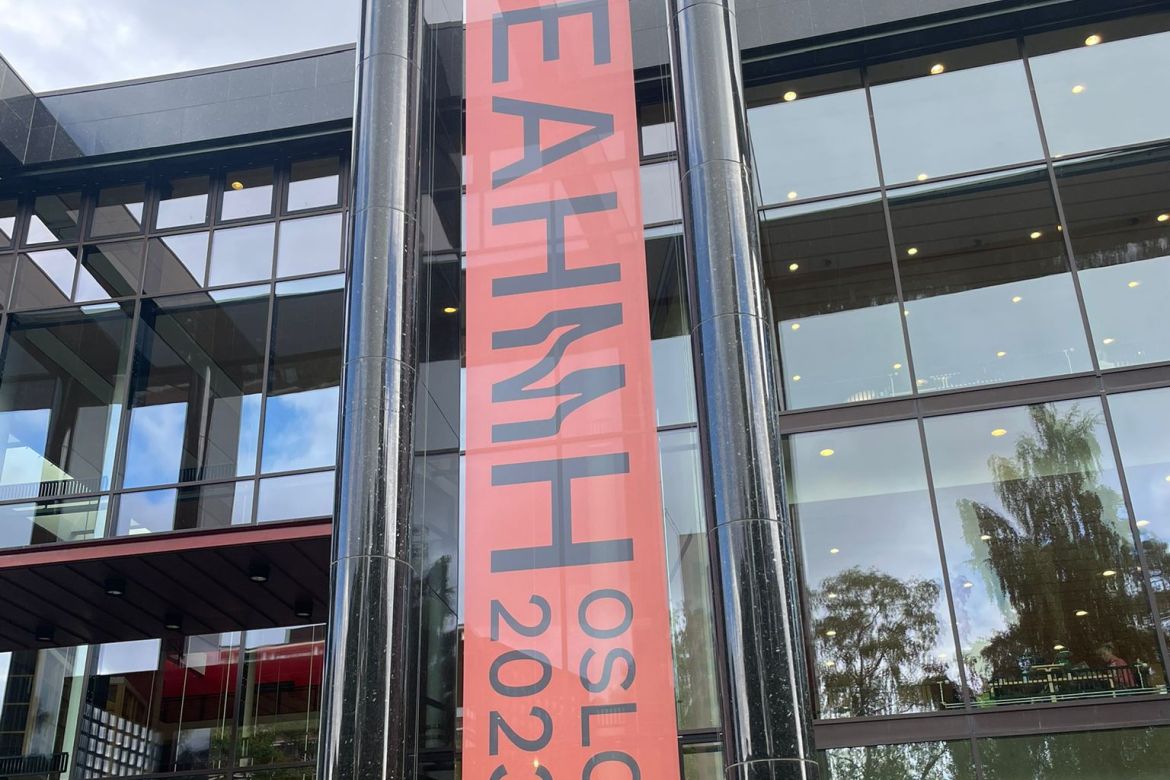
Janka Kovács, a postdoctoral research fellow at our institute, participated in the conference of the European Association for the History of Medicine and Health (EAHH), which took place from 30 August to 2 September 2023, and this year focused on: Crisis in Health and Medicine.
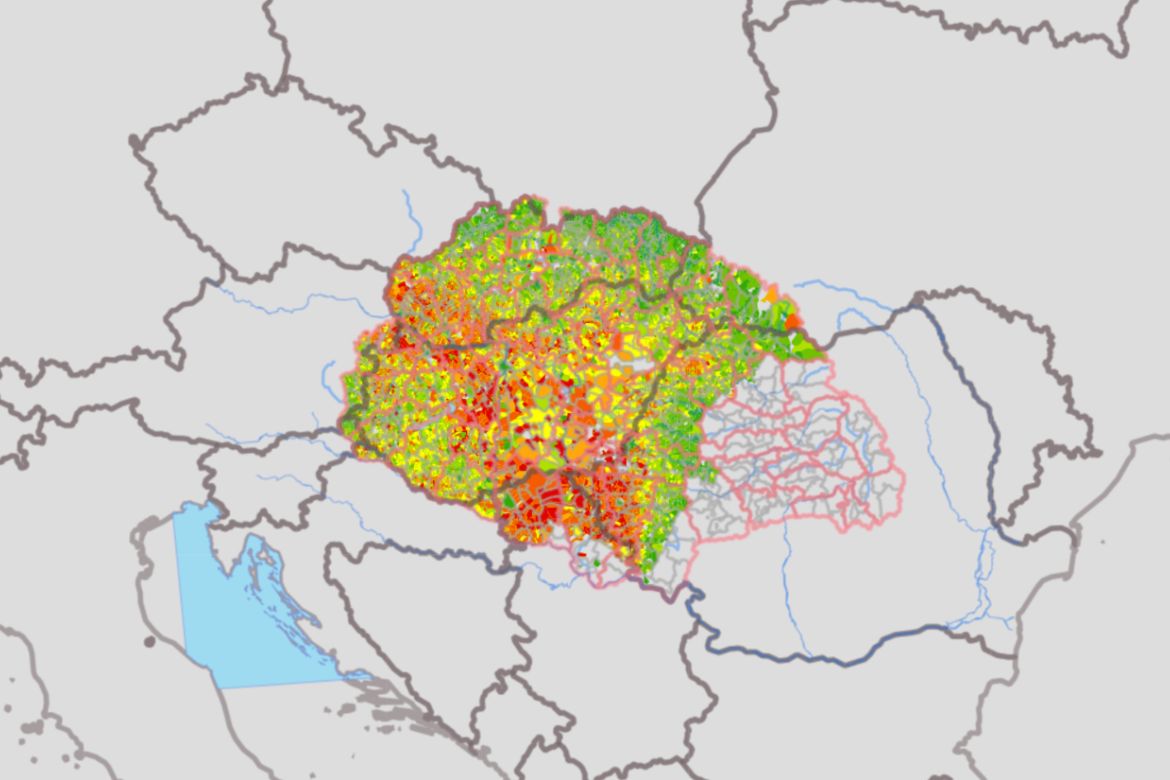
On 2 September. 2023 Gábor Demeter, senior research fellow of our institute and Péter Földvári, visiting research professor gave a lecture at the 15th European Historical Economics Society (EHES) Conference at the University of Vienna.
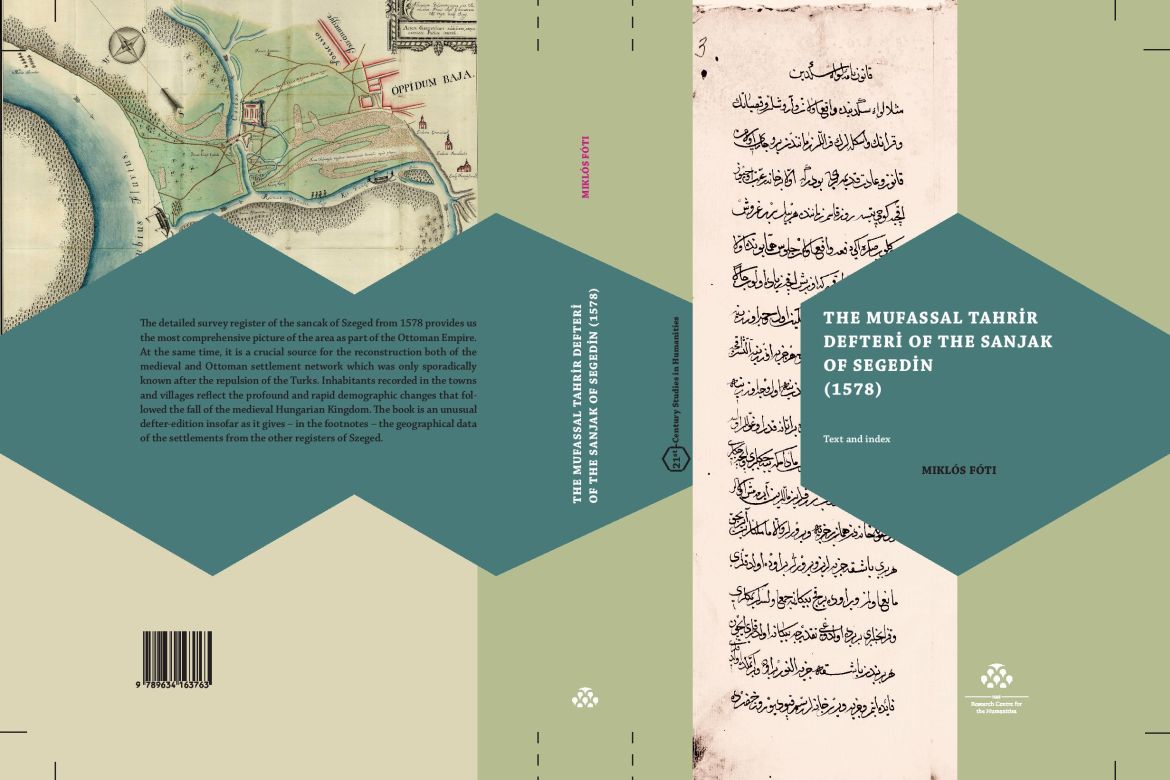
An important Ottoman source has become available to researchers as part of the RCH’s 21st-Century Studies in Humanities series. The Mufassal Tahrir Defteri of the Sanjak of Segedin (1578) is the work of Miklós Fóti, junior research fellow at our institute.
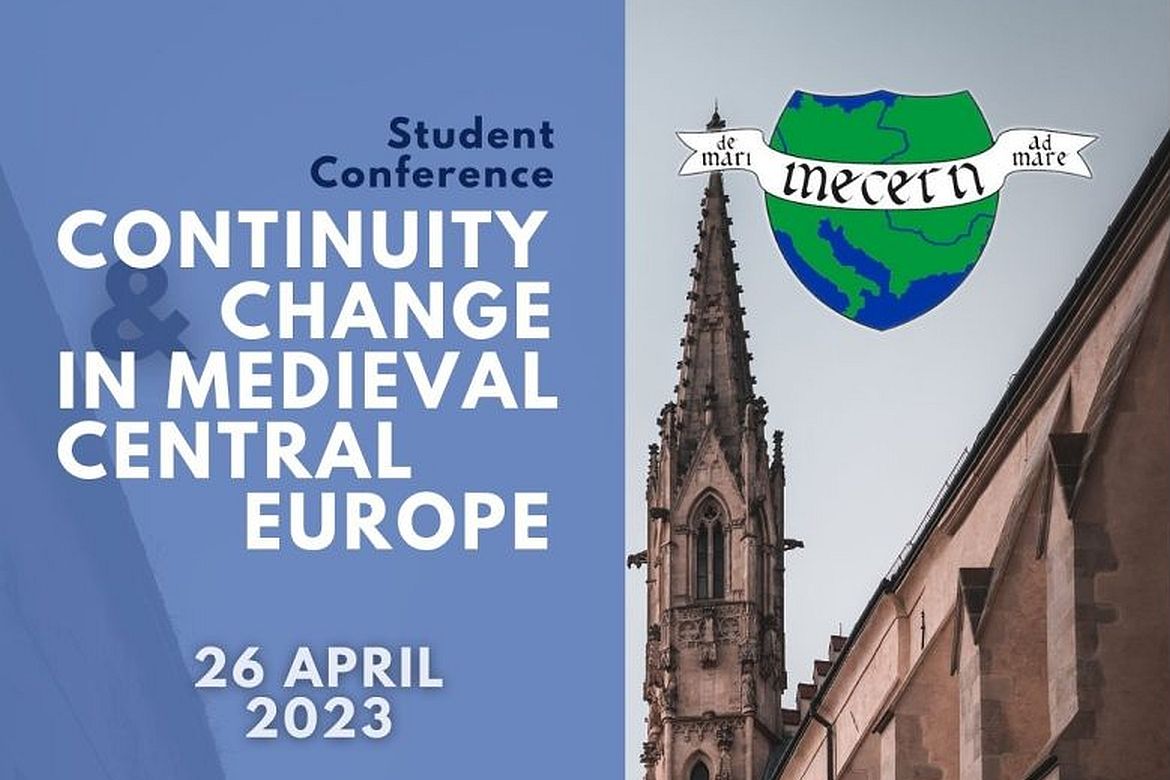
Our institute was represented by Dániel Bácsatyai, Benjámin Borbás and Bence Péterfi at the fifth biennial conference of the Medieval Central Europe Research Network (MECERN), a three-day scientific gathering of medieval researchers from the Central European region, held this time at Comenius University in Bratislava (27-29 April 2023).
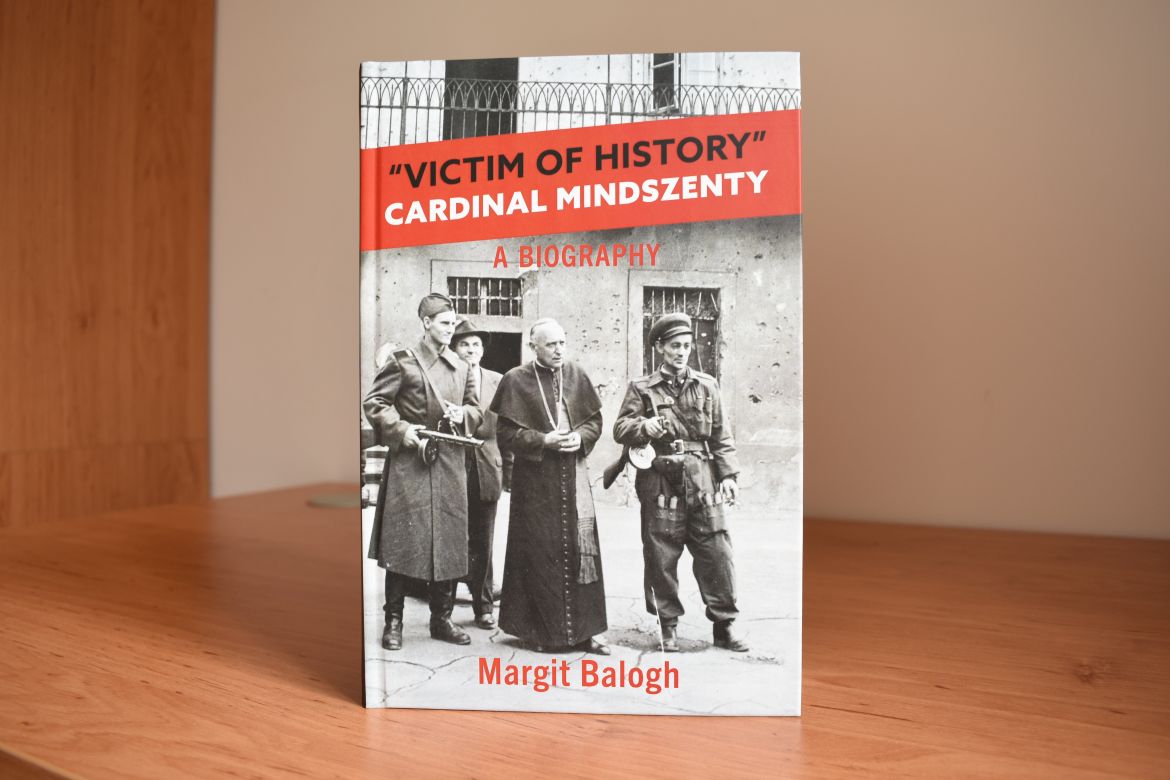
Daniel J. Mahoney, Raymond Aron Prize-winning political philosopher and professor at Assumption University in Massachusetts, reviews Margit Balogh's book “Victim of History”: Cardinal Mindszenty in Catholic World Report magazine.
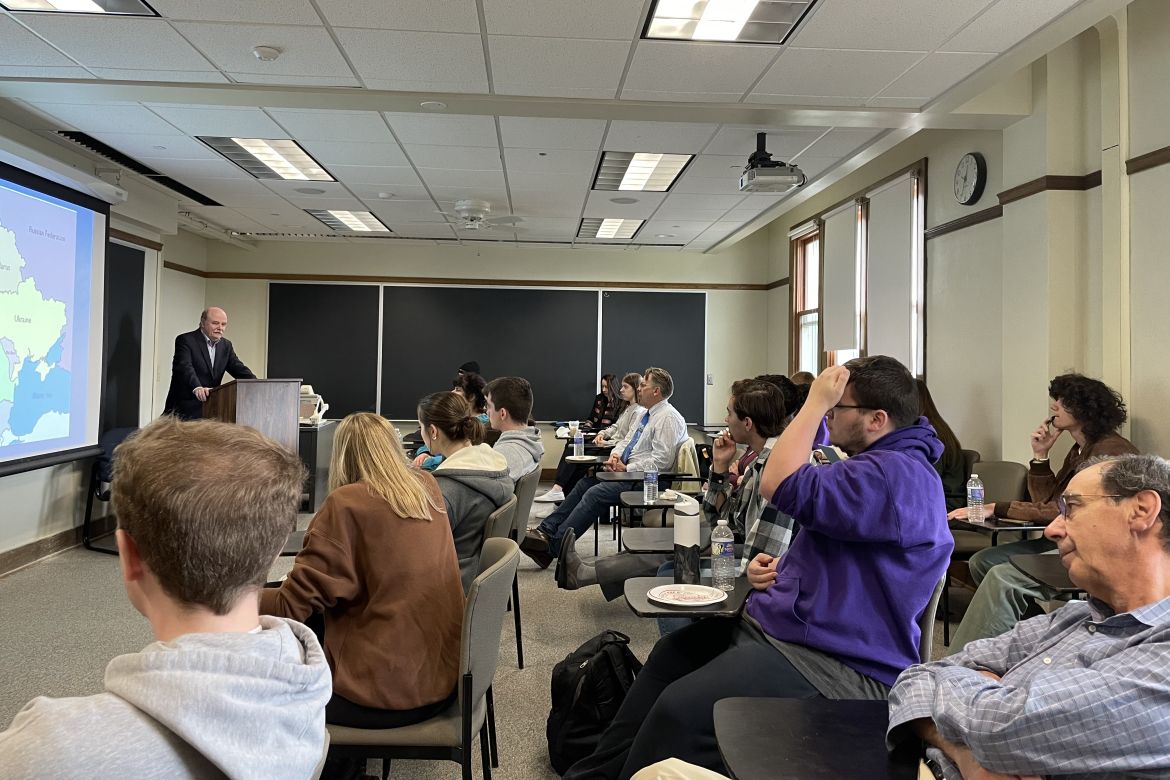
In April 2023, Tamás Stark, Senior Research Fellow of our Institute, gave three lectures in the United States: in New York, Rochester and New Haven about the twentieth century history of Hungary, memory politics, the ongoing war in Ukraine and the prisoners of World War II.
You can find our previous articles in the News Archive.